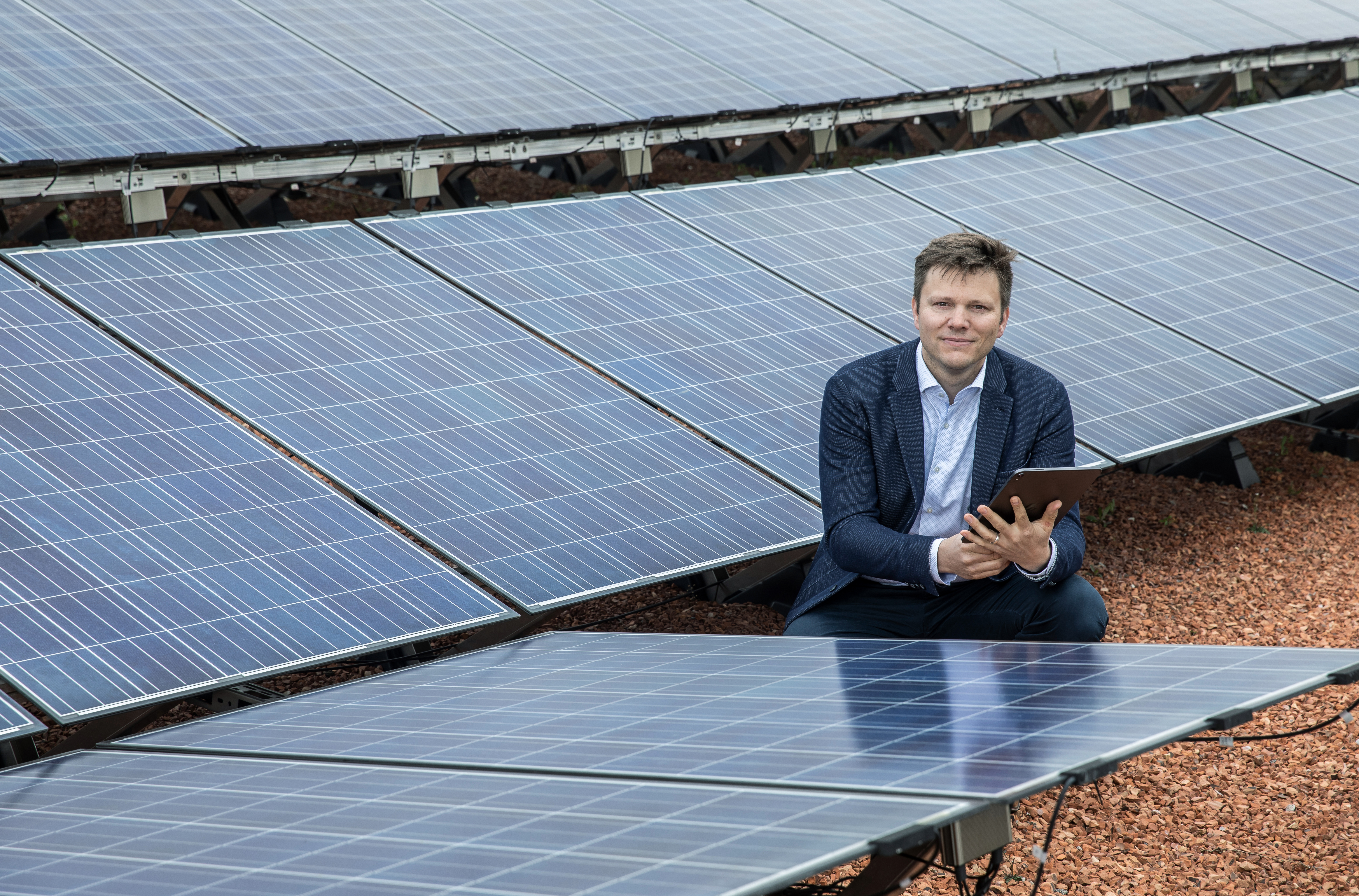Decentralized production – the challenges
The new Swiss Energy Act means that decentralized production of electricity and billing of electric power is now open to everybody. Homeowners can sell the power they generate using their own photovoltaic systems, for instance. Anyone exploiting this opportunity faces a range of new challenges. Managing and invoicing micro grids or a self-consumption community is a highly complex administrative task. Not to mention measuring the power consumption of all parties involved, the tariff calculation – statically or dynamically – as well as the data collection process are duties which not only require deep knowledge but are also time-consuming. In general, decentralized energy production faces two main obstacles: rentability and complexity.

Author
Matthias Egli
Co-Founder and Co-CEO at Ormera AG
About
Decentralized production
Missions and how to pursue them
It is part of the Swiss energy strategy 2050 to increase the production with renewable energy to an amount of 11’400 gigawatt hours (GWh) by 2035 (without hydropower). In addition, smart meters are to be integrated into the system as a basis for efficient energy use. In order to help Switzerland achieve this goal, different renewable solutions are being implemented. Thanks to technology’s rapid development and important incentives by the Swiss Energy Act as well as further local laws, most of the PV installation have a high positive net value. However, decentralization increases complexity and the necessary administrative work decreases rentability. To overcome these challenges self-production poses, it is indispensable to provide people with simple solutions. Only then will they be motivated to produce energy themselves. This will be even more necessary in the future, since the complete market opening is envisaged in 2023.
It is in this niche where numerous startups in the energy sector see their mission: By offering a consequent end-to-end solutions which fully digitize the entire energy billing process, for example, they enable people to manage their self-consumption communities and therefore increase the incentive to engage in the solar power production.
From Smart City to Smart World
The Ormera startup not only believes in a Smart City, but in a Smart World. The physical world is increasingly networked with the digital world. Even today, smart streetlamps adapt to the weather or traffic lights to traffic intensity. Intelligent buildings produce more energy than they consume. Currently, some 25 billion intelligent devices around the world communicate with each other and exchange data. Estimates show that by 2050 there will be about 75 billion connected devices. In this “Internet of Things” – “IoT” for short – Ormera is also a piece of the puzzle. Not only when driving a car or consuming electricity will Distributed Ledger Technology change our everyday life significantly.

Smart world – what’s next?
A Smart City – or Smart World – will enable new economic systems in every imaginable area. In politics, e-governance will be able to deal with problems such as invalid voters or miscounted votes. On e-health platforms, Smart Watches will measure one’s own health data, such as blood values, and, if desired, automatically transmit this data to the family doctor – completely anonymously and securely. These possibilities change common processes to new business models that save a lot of time and money. In the case of Ormera, energy supply companies, energy and real estate service providers and property management firms can reduce their administrative costs. Thanks to an intuitive dashboard, they keep track of the amount of energy consumed and produced and can, thus, optimize their consumption. By offering this simple solution to whoever wants to consume self-produced energy, we aim to contribute to the energy transition. Ormera believes in a world where decentralized energy production easily functions in highly efficient systems.
The author

Matthias Egli
Co-Founder and Co-CEO at Ormera AG
